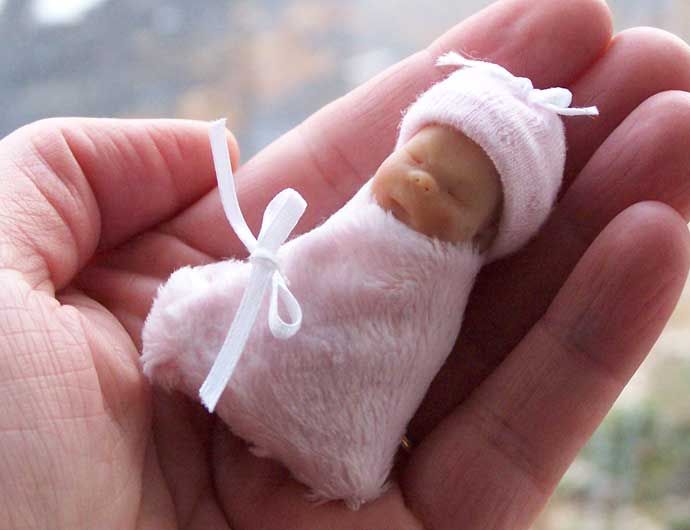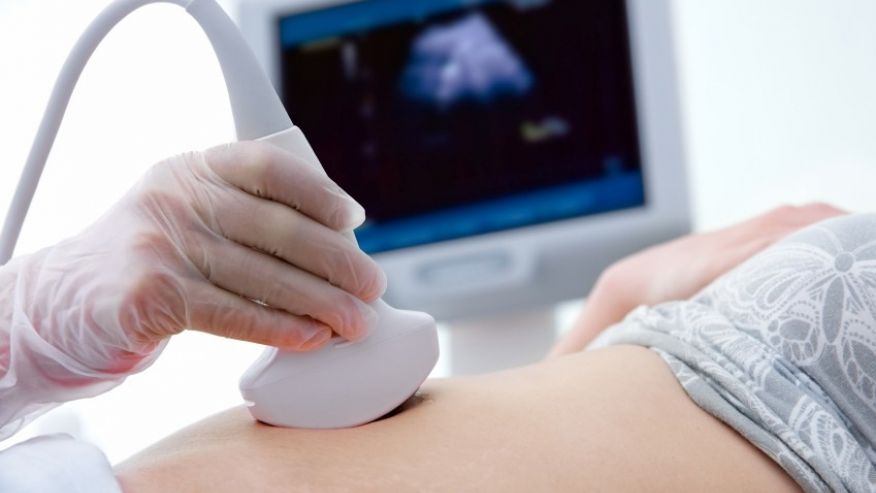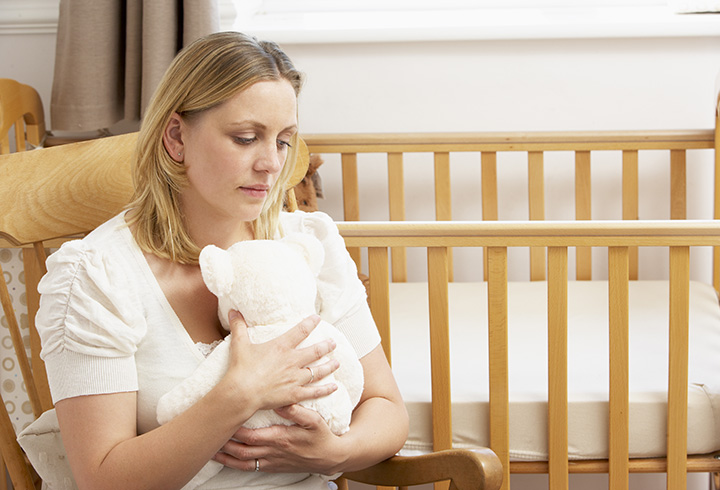
As per the American College of Obstetricians and Gynaecologists (ACOG), miscarriage is one of the most common types of pregnancy loss. Some of the studies have revealed that anywhere from 10-25% of all clinically diagnosed pregnancies end in miscarriage. On the other hand, 50-75% of all miscarriages may account for chemical pregnancies. This mainly occurs when a pregnancy is lost soon after the implantation, which thus results in bleeding that happens about the time of her expected period. The woman, when she experiences a chemical pregnancy, may not realise that she conceived.

A miscarriage known in medical jargon as a spontaneous abortion is the unexpected end of a pregnancy before 20 weeks gestation. During a miscarriage, an embryo or foetus is spontaneously expulsed from the uterus but can’t yet live in the outside world. The loss of a foetus after twenty weeks is called as stillbirth rather than a miscarriage.
As per the March of Dimes, nearly 50% of most of the pregnancies end up in miscarriage- usually, even before a woman skips a menstrual period or even comes to know that she is pregnant. Approximately 15-25% of identified pregnancies tend to end up in a miscarriage.
More than 80% of the miscarriages happen within the first trimester, which includes the first three months of pregnancy. However, miscarriages are less inclined to occur after 20 weeks gestation; these are called as late miscarriages.

There are several reasons for miscarriage, and in most cases, it is hard to identify the cause. The chromosomal abnormality is the primary cause of miscarriage during the first trimester. This means that something is not right with the chromosomes of the baby. Most of the chromosomal abnormalities are the reason of a damaged sperm or egg cell or perhaps due to a problem at the time the zygote passed through during the division process. In many cases, the miscarriages occur when the unborn baby has serious genetic problems. Normally, these problems are irrelevant to the mother.
Some of the other causes of the miscarriage involve:
Some other factors that are not proven to induce miscarriage are working outside the home (unless in a harmful environment), sex, or even mild exercise.

For a woman who is in her childbearing years, the probability of having a miscarriage can fluctuate from 10% to 25%, and in other cases, such as, in healthy women, the average is nearly a 15-20% chance. An increase in the age of the other also affects the possibilities of miscarriage.
Apart from that, s woman who has had miscarriage previously, also has a 25% chance of having another (only a tad elevated risk than for someone who has not had miscarriage before)

Constant or irregular vaginal bleeding, which could be sometimes light or heavy is one of the important symptoms of miscarriage. Though bleeding is usually the first sign of a miscarriage, first-trimester bleeding may also happen during a normal pregnancy. However, when the bleeding is accompanied by pain, it is likely to be the sign of miscarriage.
Sudden decrease in signs of pregnancy.
You may sometimes have belly pain, pelvic cramps or perhaps a constant, dull pain in your lower back. This pain may begin a few hours to several days after bleeding starts. This is yet another sign of miscarriage.
Decreased activity of the baby.
Blood clots or greyish (fetal) tissue may pass from the vagina when you have a miscarriage.
True contractions (very painful happening every 5-20 minutes).
Moderate to severe back pain (which might sometimes be worse than normal menstrual cramps) is yet another symptom which indicates miscarriage.
The different types of pregnancy loss includes:

Generally women will begin to have bleeding and cramping, which is produced by contractions that are working to release the contents of the uterus and might pass large blood clots and tissue. If it occurs rapidly, the miscarriage is generally completed by the body without any sort of complications. In case of a missed miscarriage a drug can be given to trigger these contractions.
You need to discuss the timing of your next pregnancy with your doctor or your health care provider. Some health care providers might suggest you to wait for a certain amount of time (which might be from one menstrual cycle to nearly 3 months) before trying to get pregnant again. To prevent yet another miscarriage, your health care provider may suggest treatment with progesterone, which is a hormone required for implantation and early support of pregnancy in the uterus.

Nearly 85% (or more) women who have miscarriages will have subsequent normal pregnancies and births. Having a miscarriage does not necessarily indicate that you have a fertility problem. On the contrary, nearly 1%-2% of women may have repeated miscarriages (three or even more). Some researchers believe that this is linked to an autoimmune response.
It is the most powerful creation to have life growing inside of you.There is no bigger gift